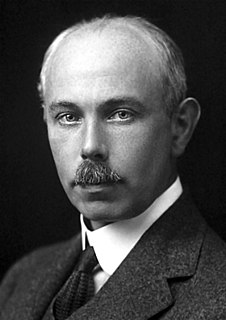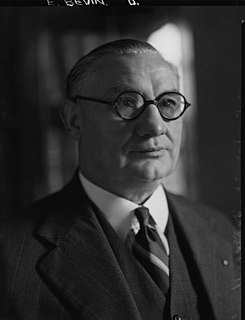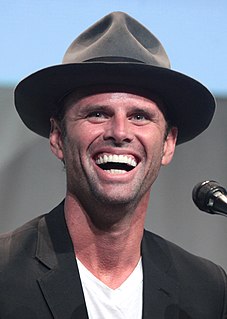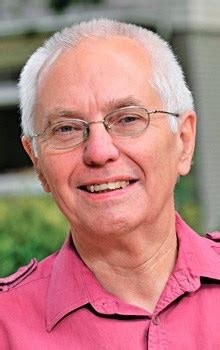A Quote by Albert Einstein
Since I do not forsee that atomic energy is to be a great boon for a long time, I have to say that for the present it is a menace. Perhaps it is well that it should be. It may intimidate the human race into bringing order into its international affairs, which, without the presence of fear, it would not do.
Related Quotes
It is arguable whether the human race have been gainers by the march of science beyond the steam engine. Electricity opens a field of infinite conveniences to ever greater numbers, but they may well have to pay dearly for them. But anyhow in my thought I stop short of the internal combustion engine which has made the world so much smaller. Still more must we fear the consequences of entrusting a human race so little different from their predecessors of the so-called barbarous ages such awful agencies as the atomic bomb. Give me the horse.
I want to make meditation an absolute for all students, whatever the subject they may be studying, so their awareness becomes more and more clean and clear. And out of that clarity we can create a beautiful world. Those scientists, if they are also meditators, will not create atomic bombs to destroy. They may use atomic energy to move trains so they don't pollute the air. They may use that atomic energy in the factories so they don't pollute air. Rather than killing man, the same atomic energy can be a tremendous help to save man and his future.
To me, it appears no unjust simile to compare the affairs of this great Continent to the mechanism of a clock, each state representing some one or other of the smaller parts of it which they are endeavoring to put in fine order without considering how useless & unavailing their labor is unless the great Wheel or Spring which is to set the whole in motion is also well attended to & kept in good order.
There are three musts that hold us back: "I must do well. You must treat me well. And the world must be easy." And I sometimes think that as long as we keep the second must, which is socially learned, then some screwballs 100 years from now will manufacture atomic bombs in their bathtub and maybe annihilate the whole human race because they demand that the rest of the world must agree with their dogmas. When we don't agree, they may zap us.
Over the years, there have been a series of concepts developed to justify the use of force in international affairs for a long period. It was possible to justify it on the pretext, which usually turned out to have very little substance, that the U.S. was defending itself against the communist menace. By the 1980s, that was wearing pretty thin.
Of all the joint ventures in which we might engage, the most productive, in my view, is educational exchange. I have always had great difficulty-since the initiation of the Fulbright scholarships in 1946-in trying to find the words that would persuasively explain that educational exchange is not merely one of those nice but marginal activities in which we engage in international affairs, but rather, from the standpoint of future world peace and order, probably the most important and potentially rewarding of our foreign-policy activities.
You can enjoy the present moment, and you can be aligned with the doing. A different state of consciousness, then, is the foundation for what you do. Presence flows into what you do. Even though what you do may be the same, there is a fundamental difference: The energy that flows into what you do, although it may be high energy, is very peaceful energy. It is not out of alignment with life.




































